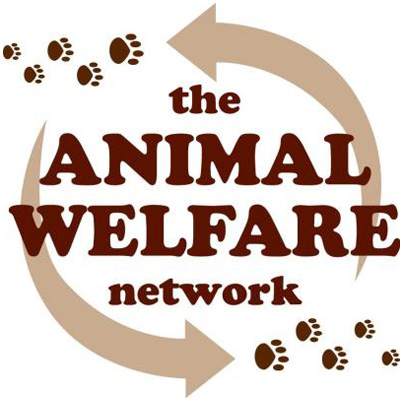 Your pet is an important member of your household, the survival of your pet during/after a hurricane depends on emergency planning. You can make preparations for this disaster by preparing an animal emergency kit. If you decide to stay in your home or move to a safer location, you will need to make plans in advance for your pets. Keep in mind that what’s best for you is also what’s best for your animals.
Your pet is an important member of your household, the survival of your pet during/after a hurricane depends on emergency planning. You can make preparations for this disaster by preparing an animal emergency kit. If you decide to stay in your home or move to a safer location, you will need to make plans in advance for your pets. Keep in mind that what’s best for you is also what’s best for your animals.
If you must evacuate, take your pets with you if possible. However, if you are going to a shelter, it is important to understand that animals may not be allowed inside. Make plans for shelter alternatives that will work for you and your pets.
Have an emergency plan in case you can’t care for your animals yourself, ask neighbours, friends and relatives to make sure that someone is available to care for or evacuate your pets if you are can’t to do so. Be prepared, you should have supplies for no less than a week for you and your pet.
In your pet disaster kit, you should include:
- Food and water for at least one week (you may not be able to cook food for your dog/cat so a supply of dry food such as dog/cat chow and/or canned food should be kept)
- Medications and medical records (stored in a waterproof container and a first aid kit)
- Cat litter box (supply of litter/sand/paper for litter box)
- Leashes, and pet carrier/cage to secure/house pets safely and ensure that your pets can’t escape. Cages should be large enough for the animal to stand comfortably, and lie down.
- Photos and description of your pets to help identify them in case your pets become lost. A collar with a pet ID. tag is a must (these are available from some pet shops).
- Pet Information about your pets’ feeding schedules, medical conditions etc., and the name and number of your veterinarian.
Other useful items include newspapers, towels, garbage bags, and household bleach.
Find a Safe Place Ahead of Time
Because shelters don’t accept pets, you must plan ahead to make sure they have a safe place to stay.
Animals turned loose to fend for themselves are likely to become victims of, starvation, or accidents. Leaving dogs tied or chained outside in a hurricane/storm is a death sentence.
Identify a safe area of your home where you and your pets can stay together. Be sure to close your windows and doors, stay inside, and follow the instructions from your local emergency management office.
Bring your pets inside as soon as authorities say there is an immediate problem. Keep dogs on leashes and cats in carriers/cages, and make sure they are wearing identification.
If you have a room you can designate as a “safe room,” put your emergency supplies in that room in advance, including your pet’s cage and supplies. Have any medications and a supply of pet food and water inside watertight containers, along with your other emergency supplies. Listen to the radio and don’t come out until you know it’s safe.
After the Storm
Planning and preparation will help you survive the disaster, but your home may be a very different place afterward, don’t allow your pets to roam loose. While you assess the damage, keep dogs on leashes and keep cats in carriers inside the house.
For pets/animals other than dogs or cats
Birds should be kept in a secure cage, keep cage in a quiet area. It is important that birds eat on a daily basis, make sure you have enough food for 2 weeks.
Snakes must have a secure place to be kept in; a supply of food (mice etc.) will be needed.
Small animals, such as hamsters, gerbils, mice and guinea pigs, should be kept in secure carriers with bedding materials, food and food bowls.
Livestock (cows/goats) should be moved out of flood prone areas and where possible store a weeks worth of water (can be kept in barrel). If livestock can be moved to a fenced or enclosed are this would be best.
Horses should be kept in a secure stable with food and clean water for at least a week. Veterinary information should be held in a safe place, along with grooming tools.
